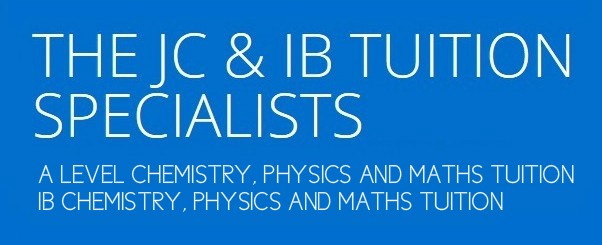4 Things You Should Do to Derive the Greatest Value Out of Tuition
Attending tuition (like Ms Sim’s A Level H2 Chemistry tuition) is an investment of time and money. Hence, students should make the best use of the tuition lessons to help them in their learning. Here are four things students should do to derive the greatest value from tuition classes:
1. Be committed to attending classes
One may think that turning up for tuition lessons is an easy thing to do but you will be surprised to find out that some students aren’t able to do it. Students need to commit and make it a habit to attend tuition classes. When students do not turn up for lessons regularly, the momentum is lost and in the long run, they will lose the discipline altogether in attending the classes. Attending weekly tuition classes is a crucial first step towards helping students achieve good results.
2. Complete the homework
Questions are often assigned to students to help them gain more practice to be better in the subject. However, many students often do not do the homework at all or did very little before coming for the class. Hence, they end up going through the motion during tuition classes as they have nothing to clarify because they have not completed the work.
3. Be proactive in asking questions
In order to ask questions, students need to complete the homework. After the completion of the homework, students need to take the opportunity to clarify with the tutor on questions that they encounter difficulties in. Remember, do not feel awkward in asking questions and don’t self-censor the questions that you want to ask! Tuition is meant to help students clarify their queries and no one should judge the questions that are asked!
4. Adopt a learning stance
At times, especially in group tuition, some students will think that they know very well the content of a topic that is covered and do not want to pay attention when tutors are going through the content. Actually, students will be surprised that even when it is content that they think they know well, students who adopt a learning stance and not have a “I know it all” attitude will often find that they gained new insights even if they are not hearing the content for the first time. Research has shown that learning is effective after rounds of repetition.
Attitude towards learning will be the single most important factor that will help students maximise the value they derive from tuition. Just like most tutors who work hard to prepare for the lessons, students must be prepared to work equally hard to maximise learning. To all the students out there, you need to own and be responsible for your learning!
About The JC & IB Tuition Specialists: We are formed by a group of dedicated tutors who specialize in providing JC H2 Chemistry tuition, JC H2 Maths tuition, and JC H2 Physics tuition.

 These photochromic lenses darken when exposed to bright light and will gradually return to their clear state in the absence of radiation when one walks indoors. They are good substitutes of sunglasses as they can reduce up to 80% of the transmitted light. The change in colour in response to light can be explained by redox reactions.
These photochromic lenses darken when exposed to bright light and will gradually return to their clear state in the absence of radiation when one walks indoors. They are good substitutes of sunglasses as they can reduce up to 80% of the transmitted light. The change in colour in response to light can be explained by redox reactions.